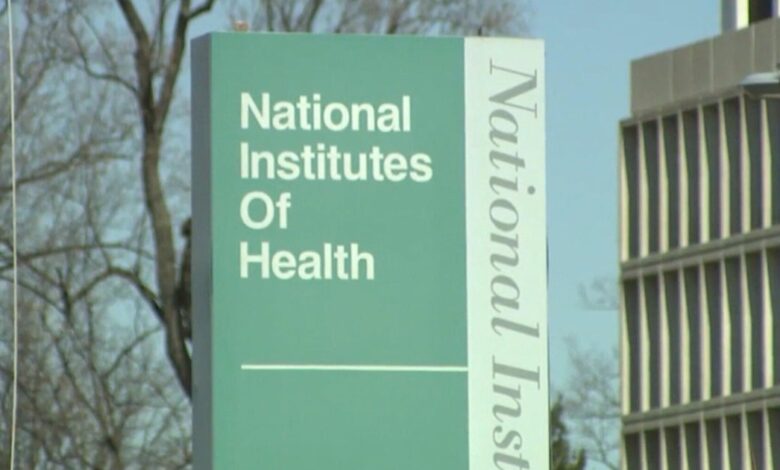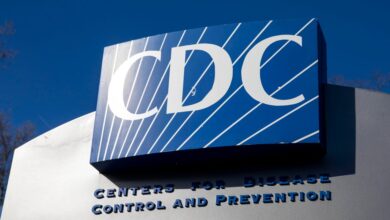RFK Jr. aides accused of censoring NIH’s top ultra-processed food scientist

The National Institutes of Health (NIH) is facing controversy as Dr. Kevin Hall, a top researcher on ultra-processed foods, announced his resignation due to accusations of censorship by top aides to Health and Human Services Secretary Robert F. Kennedy Jr.
In a post on social media, Dr. Hall expressed his concerns about the lack of freedom to conduct unbiased science at NIH. He cited an incident where he was blocked from being directly interviewed by a reporter from The New York Times regarding his recent research on the addictive nature of ultra-processed foods. The study found that these foods may not be addictive in the same way as drugs, but rather lead to overconsumption for more complex reasons.
Dr. Hall also revealed that his responses to the reporter were edited without his consent by Andrew Nixon, a spokesperson under Kennedy. Despite the study being the largest of its kind with rigorous dietary controls, the department downplayed its significance. HHS denied editing Dr. Hall’s responses and dismissed his claims as false.
Furthermore, Dr. Hall was prevented from presenting his research at a conference and pressured to comply with edits on a manuscript or remove himself as a co-author. Despite reaching out to the agency’s leadership to address these issues, he received no response, leading to his decision to retire early.
Dr. Hall’s departure highlights a trend of top scientists leaving NIH under the Trump administration. It also underscores the divide between federal scientists and political priorities, as seen in Kennedy’s promotion of controversial autism research from the CDC. Federal scientists have been restricted from speaking to the media about the findings, raising concerns about transparency and scientific integrity.
Dr. Hall’s work on ultra-processed foods has been instrumental in understanding their impact on calorie consumption and obesity. His departure represents a loss for NIH and the field of public health research. As the agency navigates these challenges, the importance of promoting unbiased science and protecting scientific independence remains paramount.




